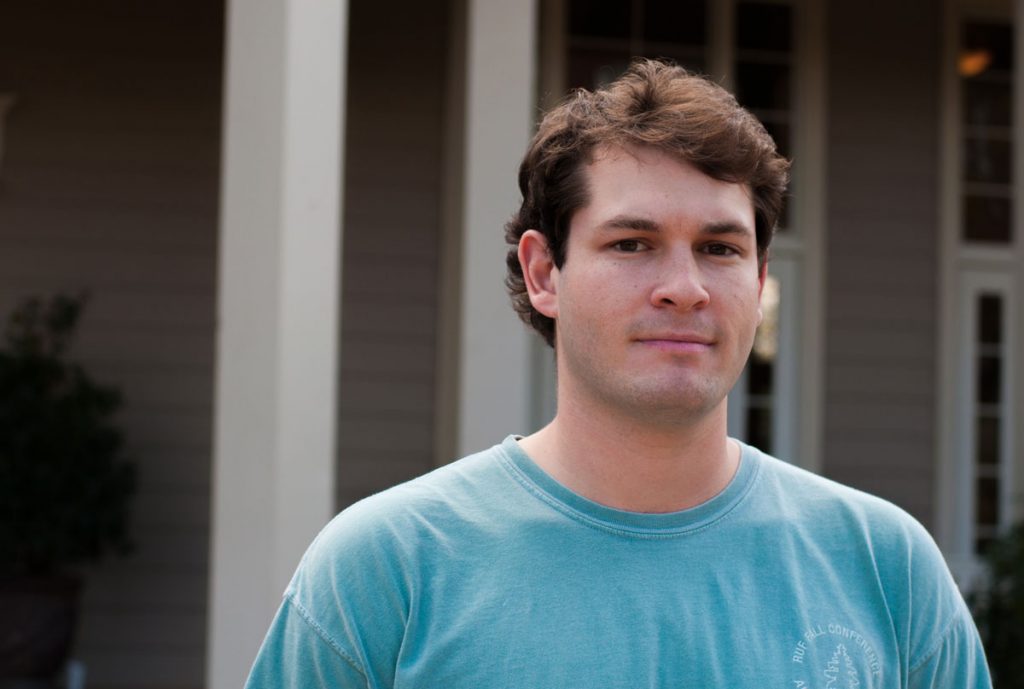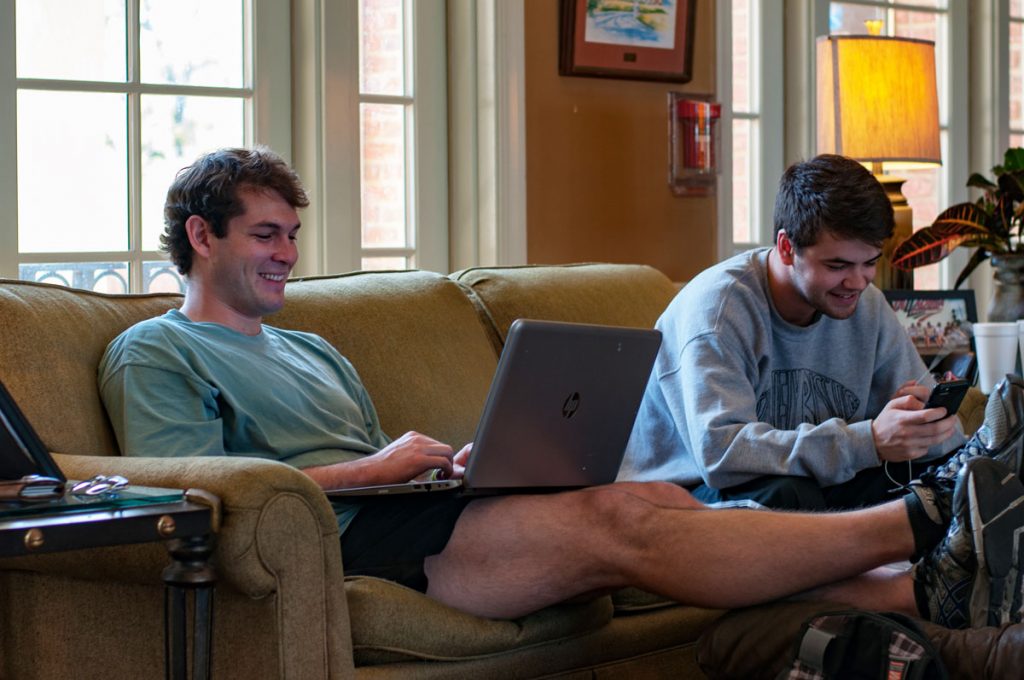As he entered his first full semester as president of the Associated Student Body, Dion Kevin began to experience what can happen when mental health concerns are left out of the campus conversation. A member of Phi Delta Theta fraternity, Kevin has seen the potential consequences of leaving feelings such as depression and anxiety unattended: He said three of his friends have died by suicide in the last 18 months. Two of the students were active members of Kevin’s fraternity.
“At least three (close friends), and they all fall in that same demographic,” Kevin said. “They’re all white men about 20, 22 years old, were involved in Greek life or had lots of friends involved in Greek life and were victims to substance abuse. They had the same friends.”
Truett Primos, a 22-year-old Ole Miss student and member of Phi Delta Theta, killed himself Oct. 6, 2017. Around that same time, Kevin was struggling with his own mental health issues. Kevin credited the emerging discussion regarding mental health on campus with causing him to notice early signs that he needed help, but he said accessing care on campus did not seem like an option.
“The last thing I wanted to do was take time out of my day and go to a counseling center on campus,” he said.

Dion Kevin stands in front of the Phi Delta Theta fraternity house on Tuesday afternoon. Photo by John Scott
He silently dealt with his feelings of anxiety, depression and eventual substance abuse early last fall in lieu of seeking counseling. Kevin’s first step toward help came thanks to a friend’s advice. The friend approached Kevin with concerns about his health and an offer to pay for counseling services off campus. Kevin accepted, and he began attending counseling sessions that fall.
“I recognized, man, I have an issue right now with substance abuse and sort of being anxious all the time and being depressed and really just wanting to cut off relationships,” Kevin said. “It sort of led me towards the path of self-harm.”
Kevin said Primos’ death came in the middle of his time attending these counseling sessions and gave him a new perspective on his own struggles.
“It really was like, ‘Wow, that could have been me if someone hadn’t reached out to me,’” Kevin said.
Before his friend intervened, Kevin hadn’t been open to talking about other people’s feelings, let alone his own. Now, he holds a newfound sense of responsibility to “pay it forward” by reaching out to friends.
“That’s where I think students and student leaders ought to step up and really bring this conversation to everyone’s table,” he said.
Kevin’s experiences with counseling and open conversation helped him identify how his mental health concerns affected his everyday life.
“Last semester, I kind of got into a really dark place, and, luckily, I had someone reach out to me that they saw I wasn’t doing so well,” Kevin said.
The concerns Kevin faced this past year are not uncommon among Ole Miss students. Anxiety and depression are the leading issues students present to the counseling center, and the center sees more “intense cases” of student distress than it did 30 years ago, according to Bud Edwards, the director of the University Counseling Center.
Kevin calls it luck, but fostering this open and direct approach to mental health has been the motivation behind a handful of on-campus efforts. Most recently, student group Active Minds hosted its Mental Health Week at the end of March to amplify this conversation, and the University Counseling Center has developed an outreach program to bring stress management and suicide prevention strategies to students across campus.

Dion Kevin hangs out in the Phi Delta Theta fraternity house on Tuesday afternoon. Photo by John Scott
“There’s both an in-house, direct, clinical service need but also an out-on-campus education and prevention need,” Edwards said.
Edwards said the counseling center is limited in the people it can reach by the number of people who utilize its services. Though he said this past year marked the center’s busiest fall on record, Edwards believes people of college age are still reluctant to seek help because of the existing stigma and a desire to handle problems on their own.
“That’s why I think they don’t come in for these services until they get an ‘F’ on a test or a significant other breaks up with them or it happens in other ways,” Edwards said. “Then the reality of their situation has finally overcome that sense of invulnerability.”
Studies show that “concern of stigma” is the leading reason students refrain from getting help. Kevin said the stigma attached to those who seek mental healthcare played a role in his own hesitation to engage in counseling.
“There’s obviously sort of a stigma, for men at least. You know, ‘Don’t go to a counselor. Don’t talk about your feelings. Just hang out with your buddies. Get over it,’” Kevin said.
He said people on campus often deal with mental health in their own ways, but student leaders need to come to terms with and address the issues prevalent in their individual communities. Across the board, however, Kevin said there needs to be a bigger conversation regarding the role substance abuse plays in mental health at Ole Miss.
“We’ve done a really good job addressing some of our other demons that make us who we are at Ole Miss and transforming them into something positive,” Kevin said.






